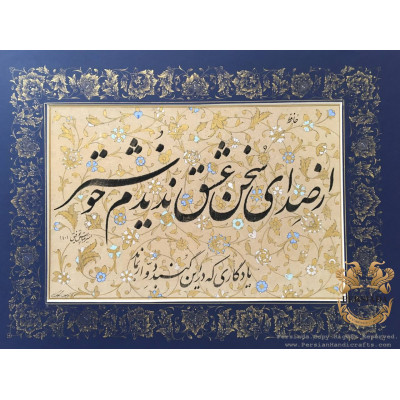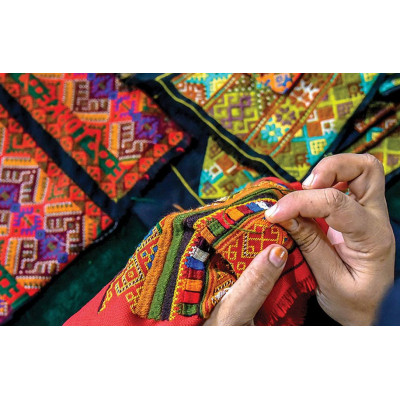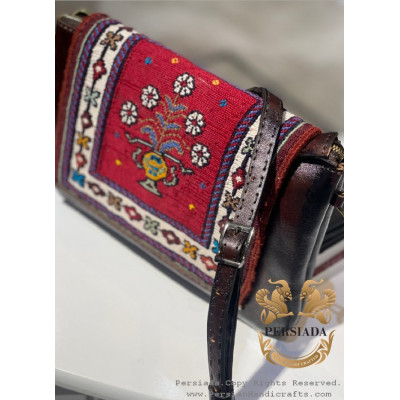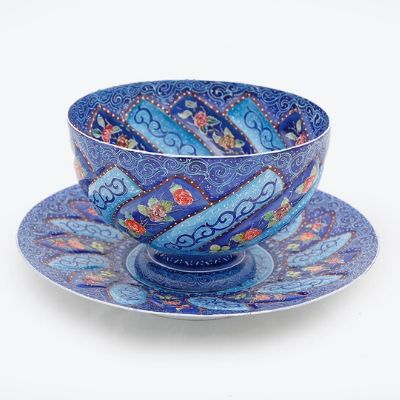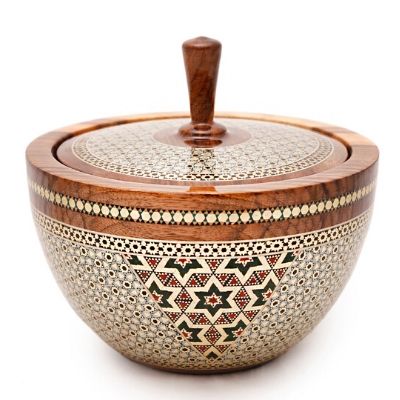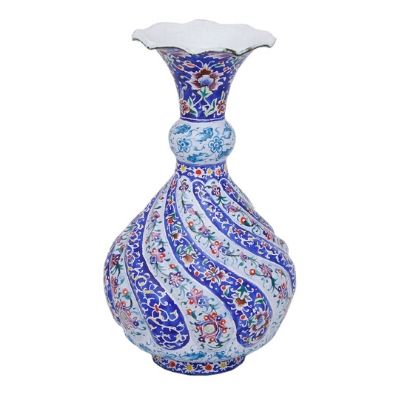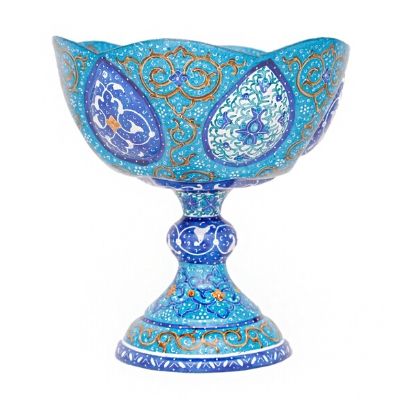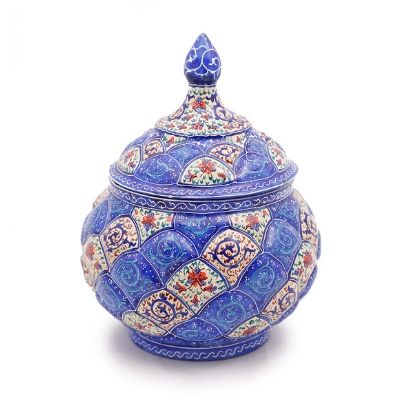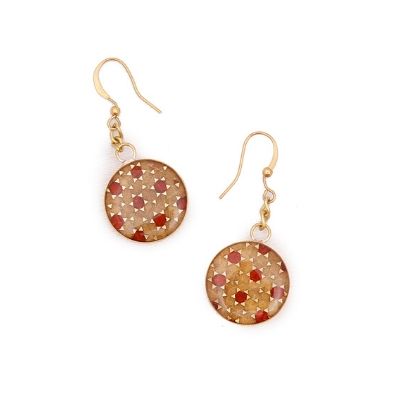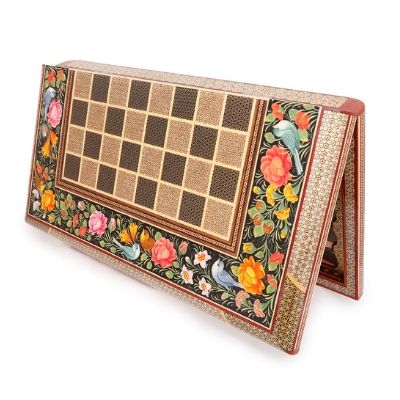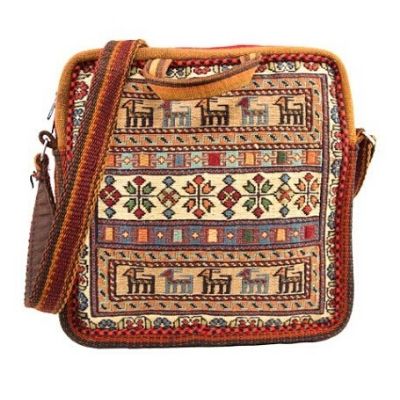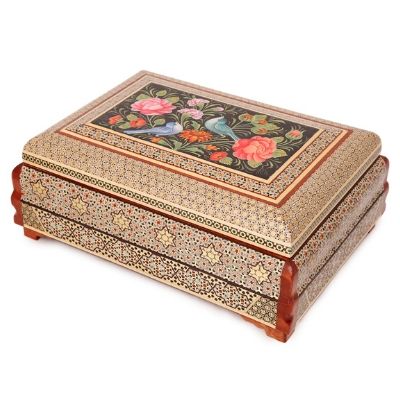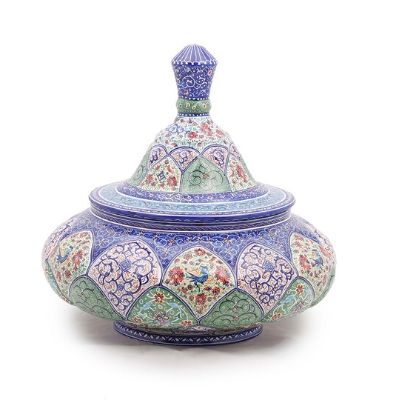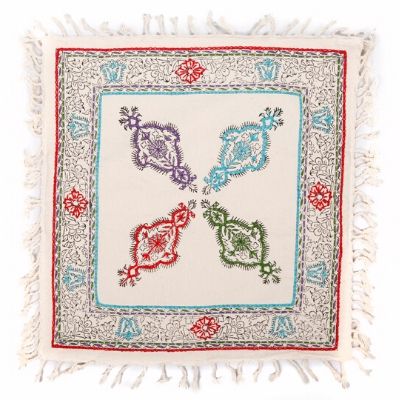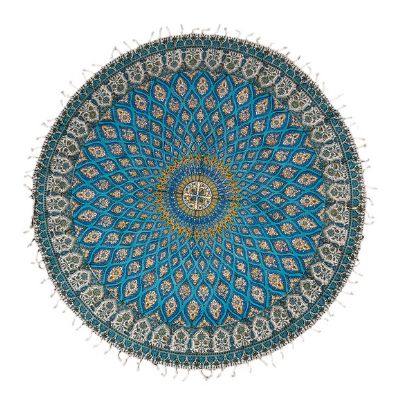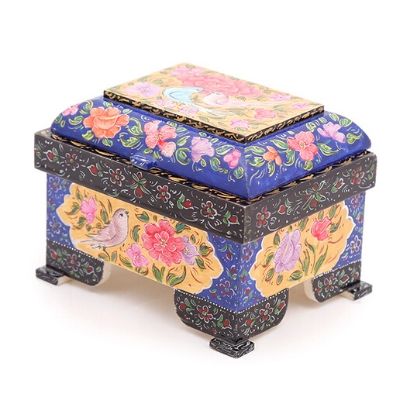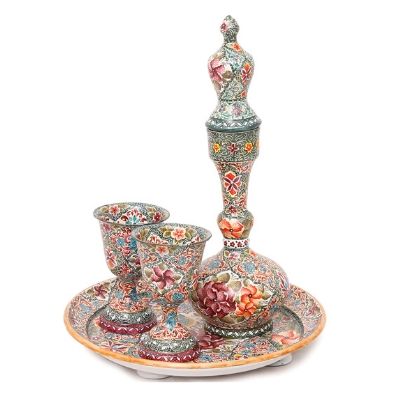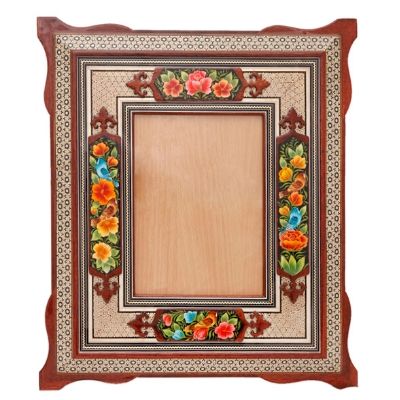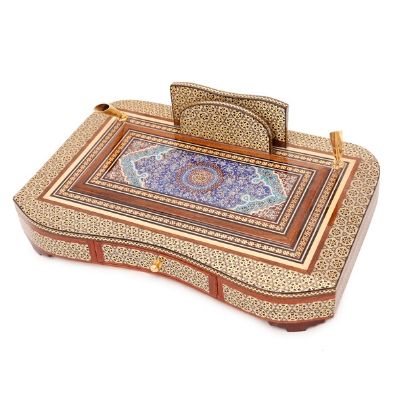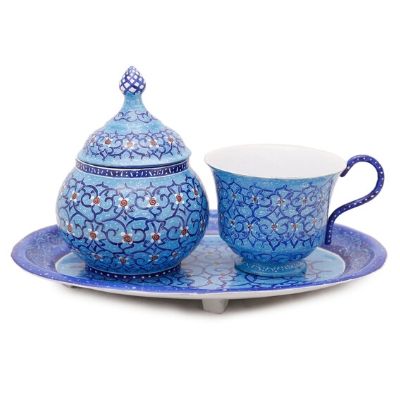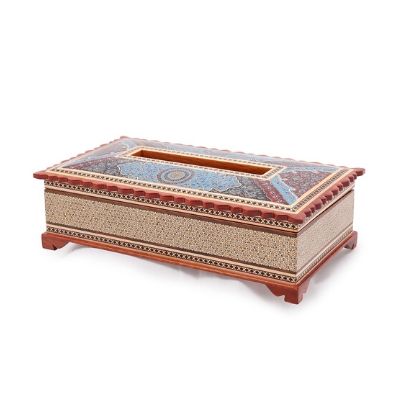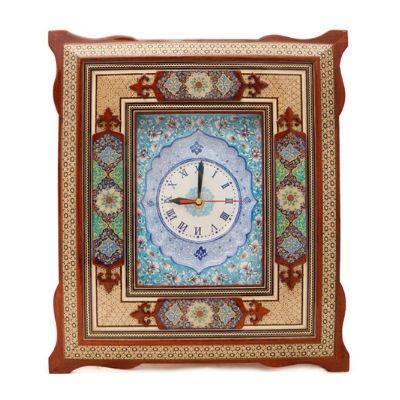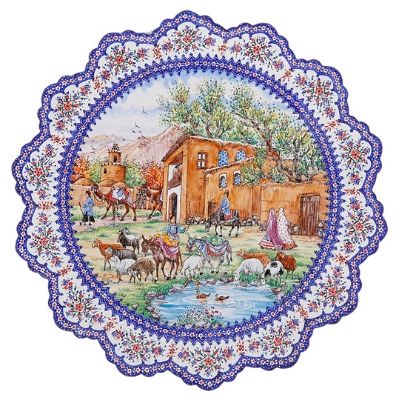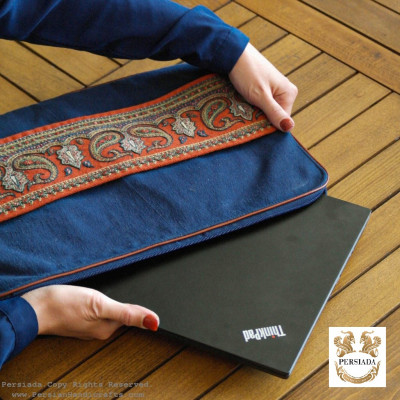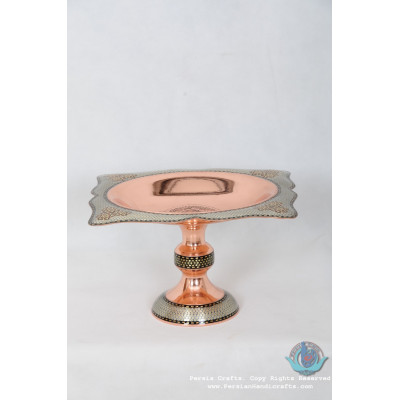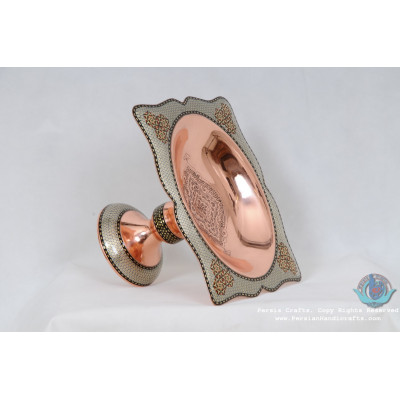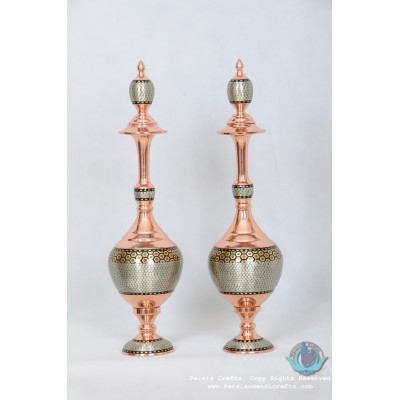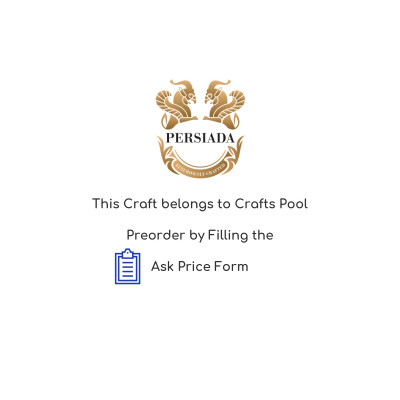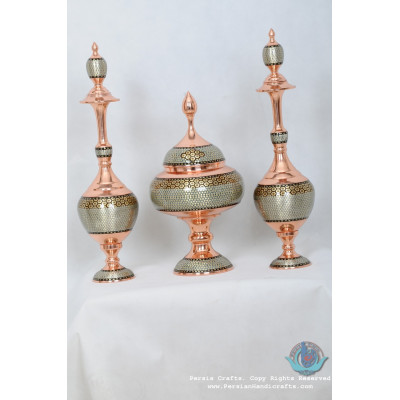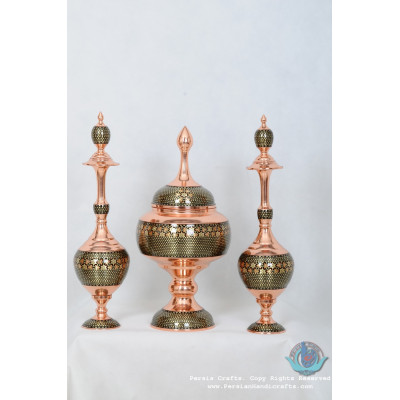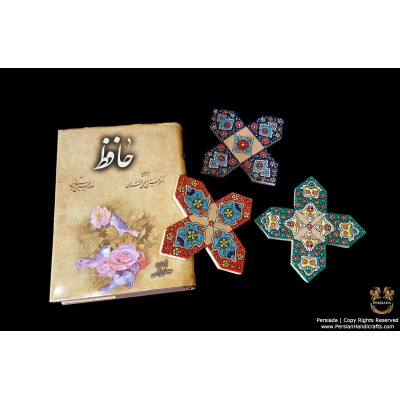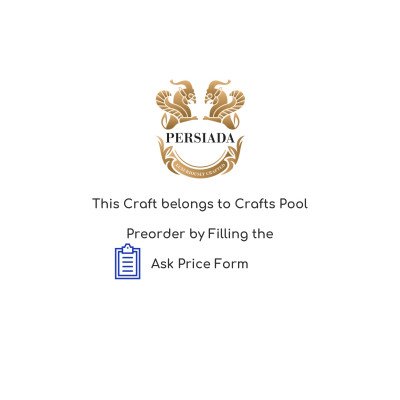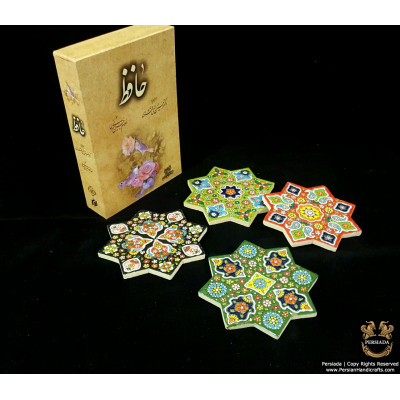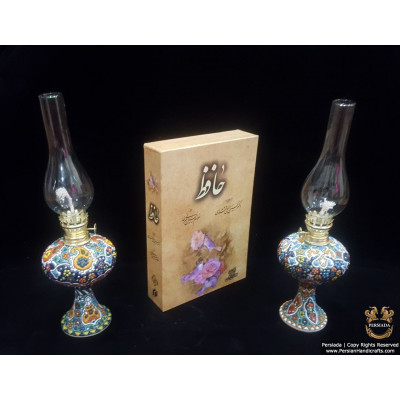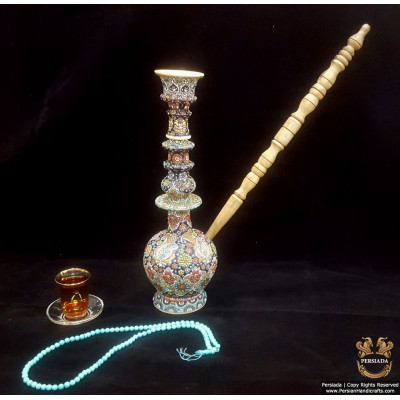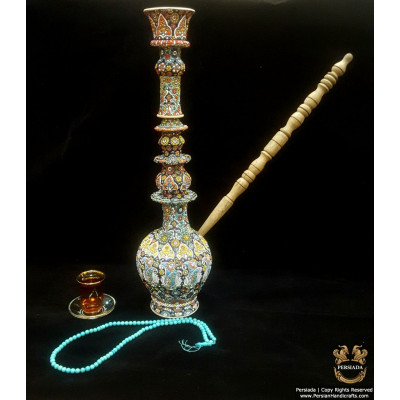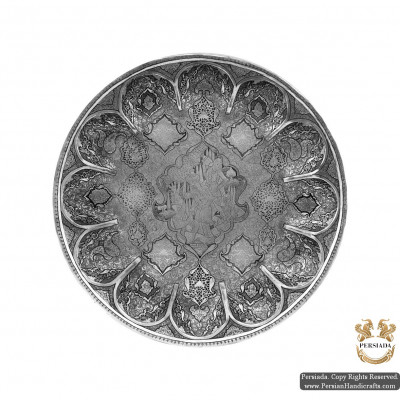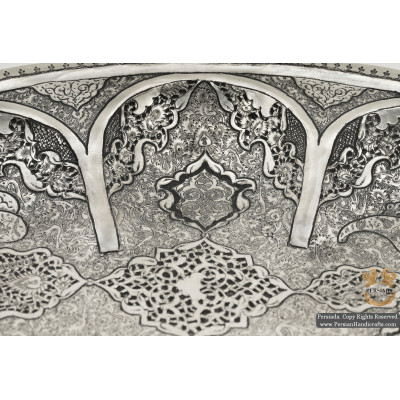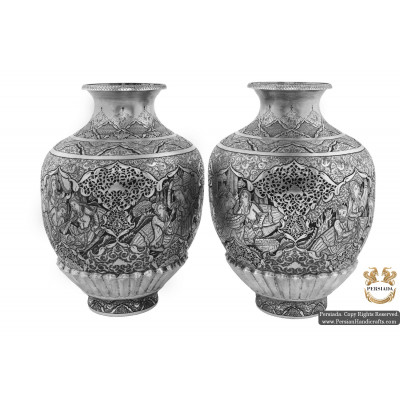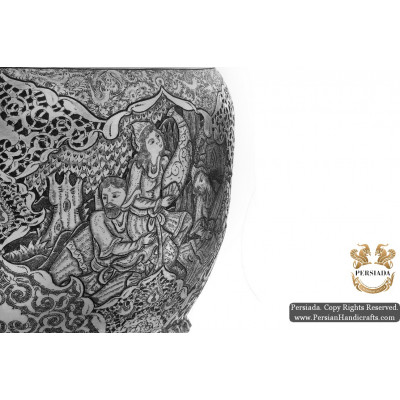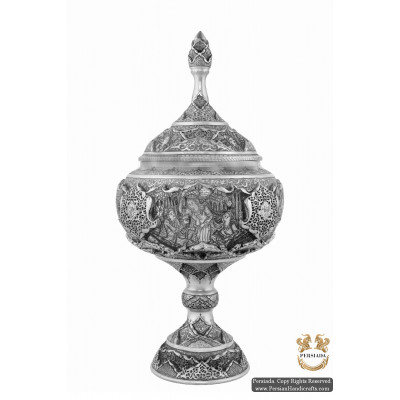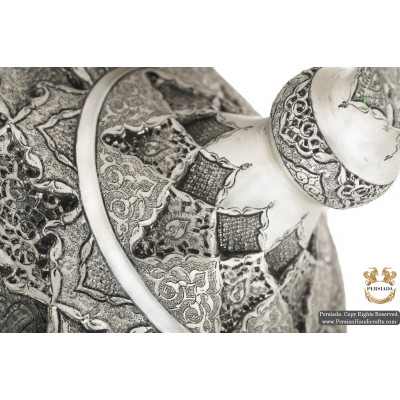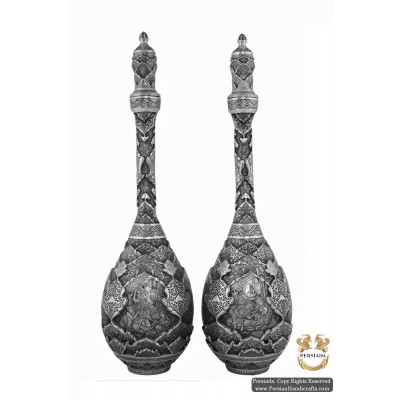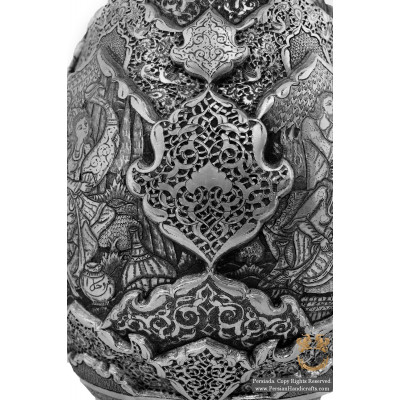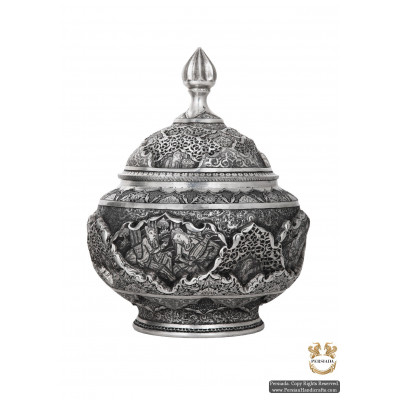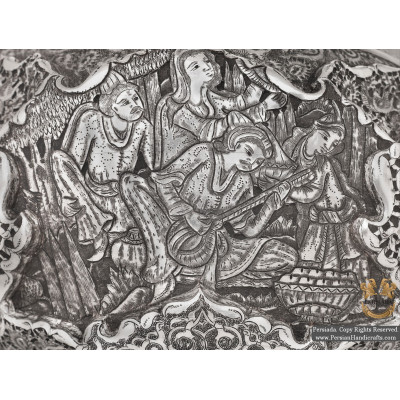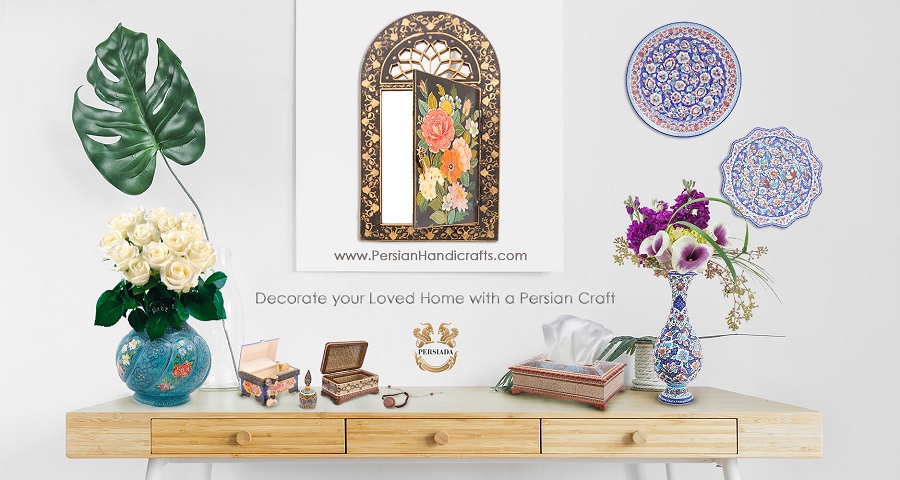
Khatamkari the Persian Style Marquetry is the incrustation pattern, generally star-shaped, with thin sticks of beech or Ziziphus wood, brass for golden parts and camel bones for white parts.The Sticks are assembled in triangular beams and glued to create a cylinder. The cross-section is now a s..
€139 - €169
Khatamkari the Persian Style Marquetry is the incrustation pattern, generally star-shaped, with thin sticks of beech or Ziziphus wood, brass for golden parts and camel bones for white parts.The Sticks are assembled in triangular beams and glued to create a cylinder. The cross-section is now a s..
0.00€
Khatamkari the Persian Style Marquetry is the incrustation pattern, generally star-shaped, with thin sticks of beech or Ziziphus wood, brass for golden parts and camel bones for white parts.The Sticks are assembled in triangular beams and glued to create a cylinder. The cross-section is now a s..
0.00€
Persian Pottery historically goes back to the early Neolithic Age (7th millennium BCE) in Iran. The Samanid period saw the creation of epigraphic pottery to include the production of Minakari-ware, enamelled with figures on white background dishes. Samarqand and Nishapur were both centres of pr..
€30 - €90
Persian Pottery historically goes back to the early Neolithic Age (7th millennium BCE) in Iran. The Samanid period saw the creation of epigraphic pottery to include the production of Minakari-ware, enamelled with figures on white background dishes. Samarqand and Nishapur were both centres of pr..
€30 - €90
Persian Pottery historically goes back to the early Neolithic Age (7th millennium BCE) in Iran. The Samanid period saw the creation of epigraphic pottery to include the production of Minakari-ware, enamelled with figures on white background dishes. Samarqand and Nishapur were both centres of pr..
0.00€
Persian Pottery historically goes back to the early Neolithic Age (7th millennium BCE) in Iran. The Samanid period saw the creation of epigraphic pottery to include the production of Minakari-ware, enamelled with figures on white background dishes. Samarqand and Nishapur were both centres of pr..
0.00€
The Luxurious Wall Plate is made by a Multilayer of Hand Engraving to depict a Traditional Persian Banquet on Copper. This Ghalamzani Craft takes at least 30 days of detail art work with hammer and chisel to carve and create this multi-dimensional look on copper. Could this be a great idea to give y..
€1500 - €4000
The Luxurious Flower Vase is made by a Multilayer of Hand Engraving to depict a Traditional Persian Banquet on Copper. This Ghalamzani Craft takes at least 30 days of detail art work with hammer and chisel to carve and create this multi-dimensional look on copper. Could this be a great idea to give ..
€1500 - €4000
The Luxurious Pedestal Dish is made by a Multilayer of Hand Engraving to depict a Traditional Persian Banquet on Copper. This Ghalamzani Craft takes at least 30 days of detail art work with hammer and chisel to carve and create this multi-dimensional look on copper. Could this be a great idea to giv..
€1500 - €4000
The Luxurious Liquor Decanter is made by a Multilayer of Hand Engraving to depict a Traditional Persian Banquet on Copper. This Ghalamzani Craft takes at least 30 days of detail art work with hammer and chisel to carve and create this multi-dimensional look on copper. Could this be a great idea to g..
€1500 - €4000
The Luxurious Liquor Decanter is made by a Multilayer of Hand Engraving to depict a Traditional Persian Banquet on Copper. This Ghalamzani Craft takes at least 30 days of detail art work with hammer and chisel to carve and create this multi-dimensional look on copper. Could this be a great idea to g..
€1500 - €4000
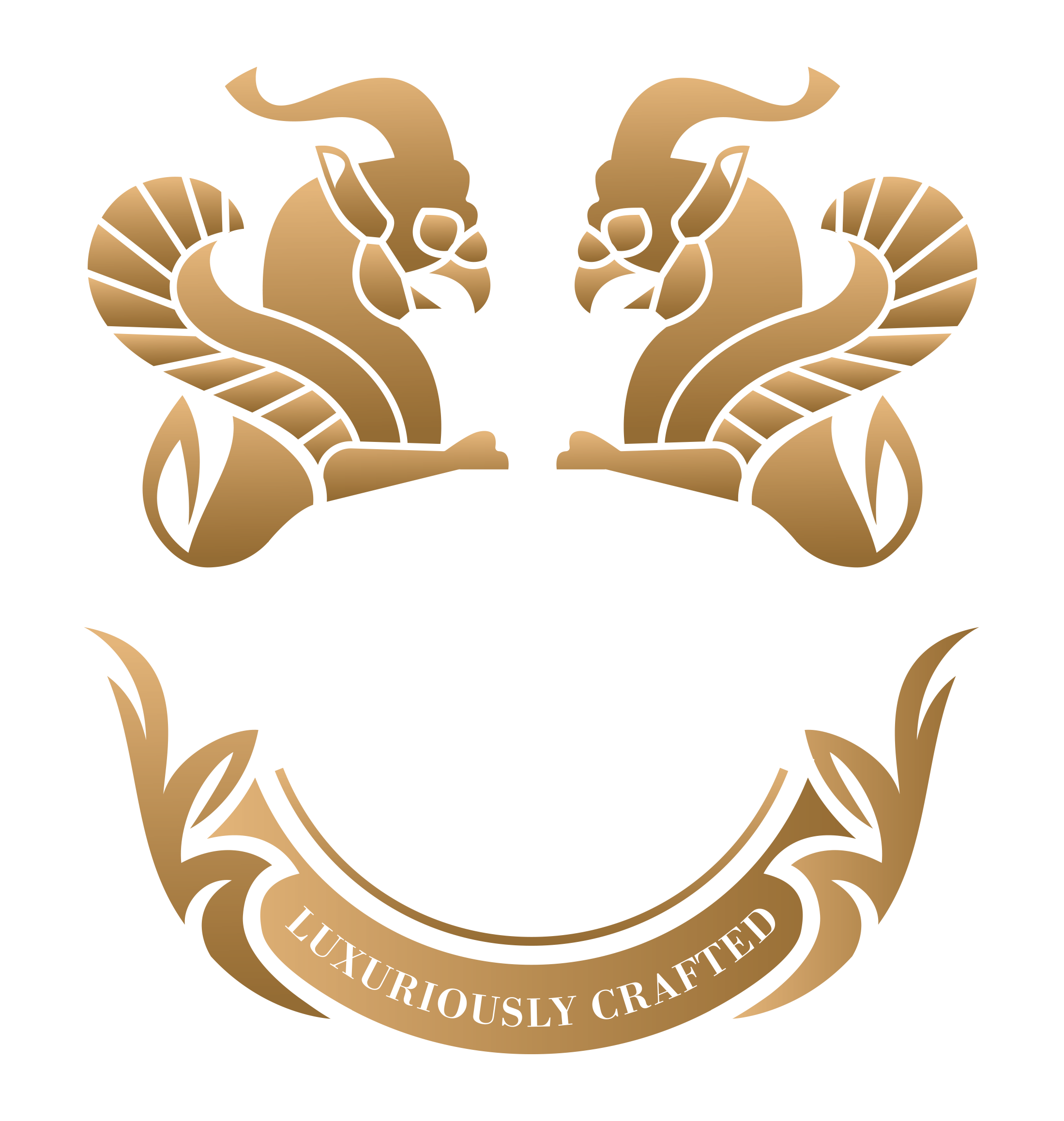
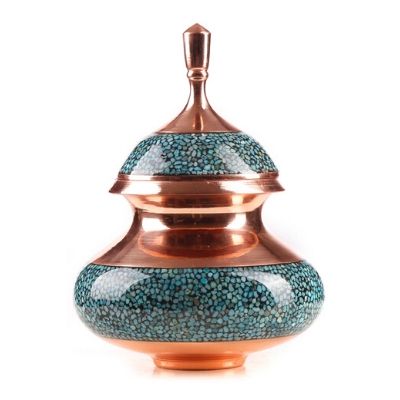
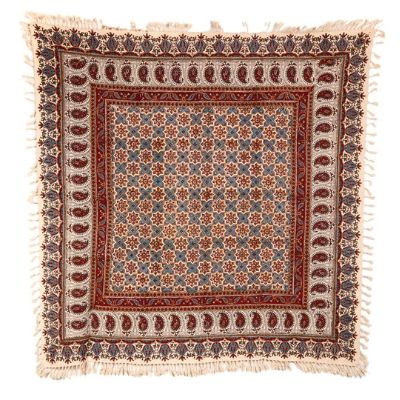
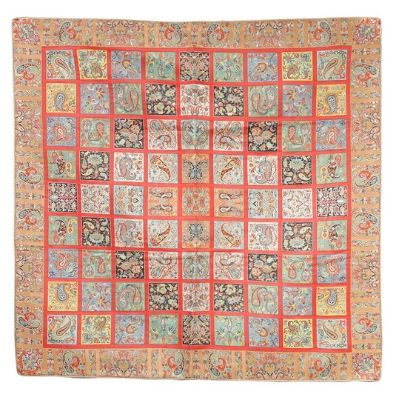
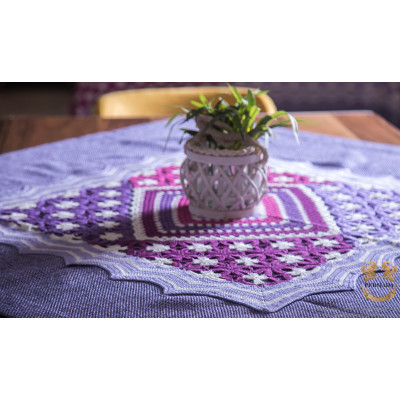
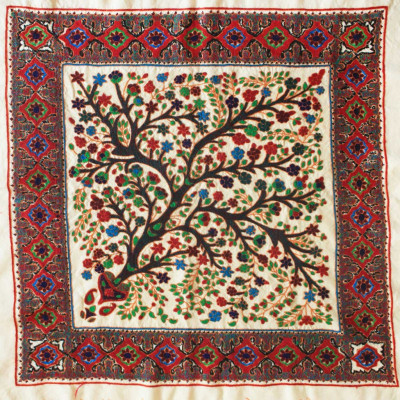
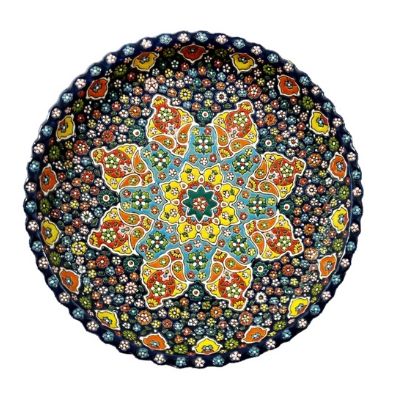
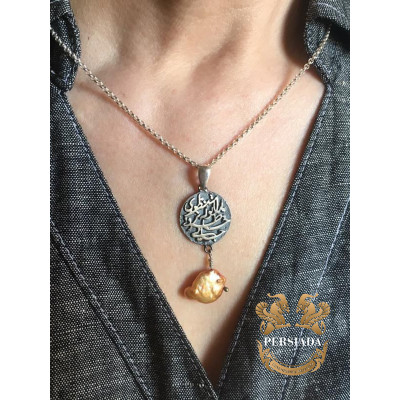
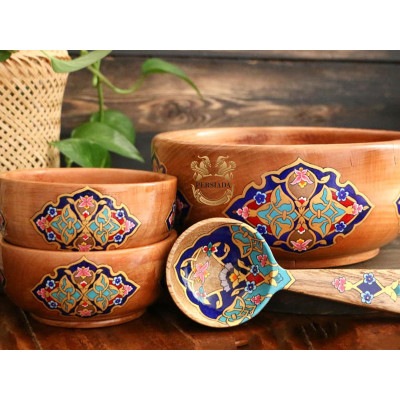
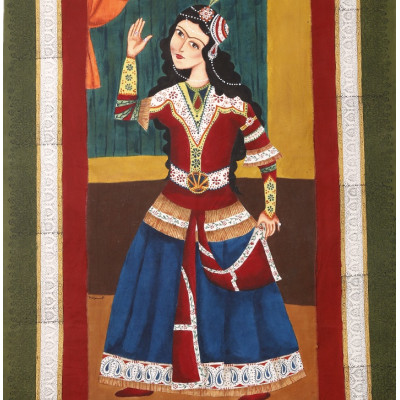
-400x400.png)
